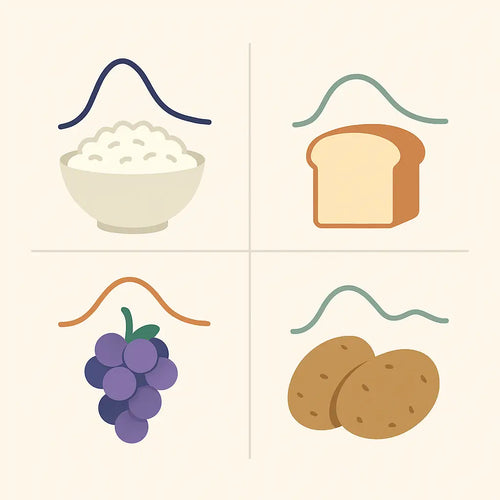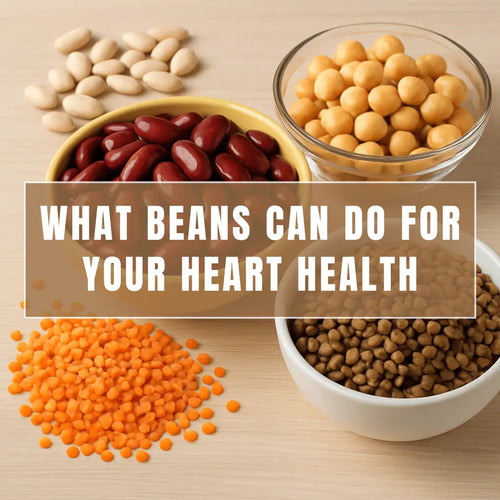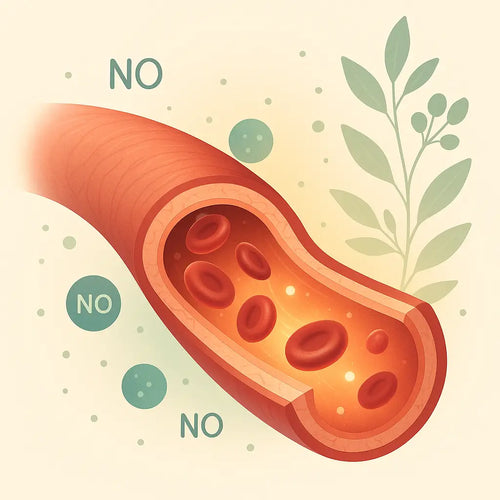
One of the most important aspects of training is the recovery. Incomplete recovery will result in tissue breakdown and optimal benefits from the exercise are not realized.
A lot of research has been published on this topic. What you will find here is a synthesis of the most relevant information.
It is important to ingest carbohydrates, proteins and amino acids after both aerobic endurance exercise and anaerobic resistance exercise to get maximum benefits from training.
As a general rule, 1g of carbohydrate per kg of body weight and 0.5g of protein per kg of body weight should be ingested within 30 minutes after exercise as well as a high carbohydrate meal within 2 hours following exercise (Kreider RB, et al. 2010).
The exercise recovery process can possibly be improved even further by using supplements.
Exercise results in depletion of muscle glycogen. When protein is added to the carbohydrates in the recovery period the insulin response is significantly greater than when carbohydrates are used by itself (Zawadski KM, et al. 1992). This is the case even if a high glycemic index carbohydrate source like glucose or maltodextrine is used.
Insulin acts as an anabolic hormone and stimulates the uptake of both carbohydrates and amino acids into the tissue.
Ingestion of hydrolyzed whey protein and maltodextrine after exercise, have shown to increase the synthesis and repair of muscle protein not only after resistance exercise, but also after endurance exercise (Howarth KR, et al. 2009).
If you want to improve recovery even further, add amino acids to the carbohydrates.

Carbohydrates and essential amino acids have been documented to maximize the anabolic response to resistance exercise and suppress the exercise induced cortisol (a stress hormone) response (Bird SP, et al. 2006).
Responsible for that is most likely leucine, which is one of the branched chained amino acids.
When a drink consisting of carbohydrates in the form of 50% glucose, 50% maltodextrine and whey protein was compared with the same drink, except with the addition of leucine, it was documented that the drink with added leucine stimulated muscle protein synthesis more than the carbohydrate, protein drink when consumed 45 minutes of resistance exercise (Koopman R, et al. 2005).
This is the amount of the different ingredients used in this study per hour per kg body weight: 0.3g of carbohydrates, 0.2g of hydrolyzed whey protein and 0.1g of leucine. For a 60 kg (72 pounds) individual that would amount to 18g of carbohydrates, 12g of protein and 6g of leucine per hour which what approximately can be emptied from the stomach per hour.
As a summary: For the fastest recovery including increased protein synthesis after both endurance and resistance exercise, use higher glycemic index carbohydrates with either essential amino acids or branched chain amino acids.
Just remember you don’t want to eat or drink high glycemic index foods or beverages when you don’t exercise, that will make you more insulin resistant.
To stay as insulin sensitive as possible allowing maximum glucose to be transferred into the cells for energy, you need to eat low glycemic index meals.









